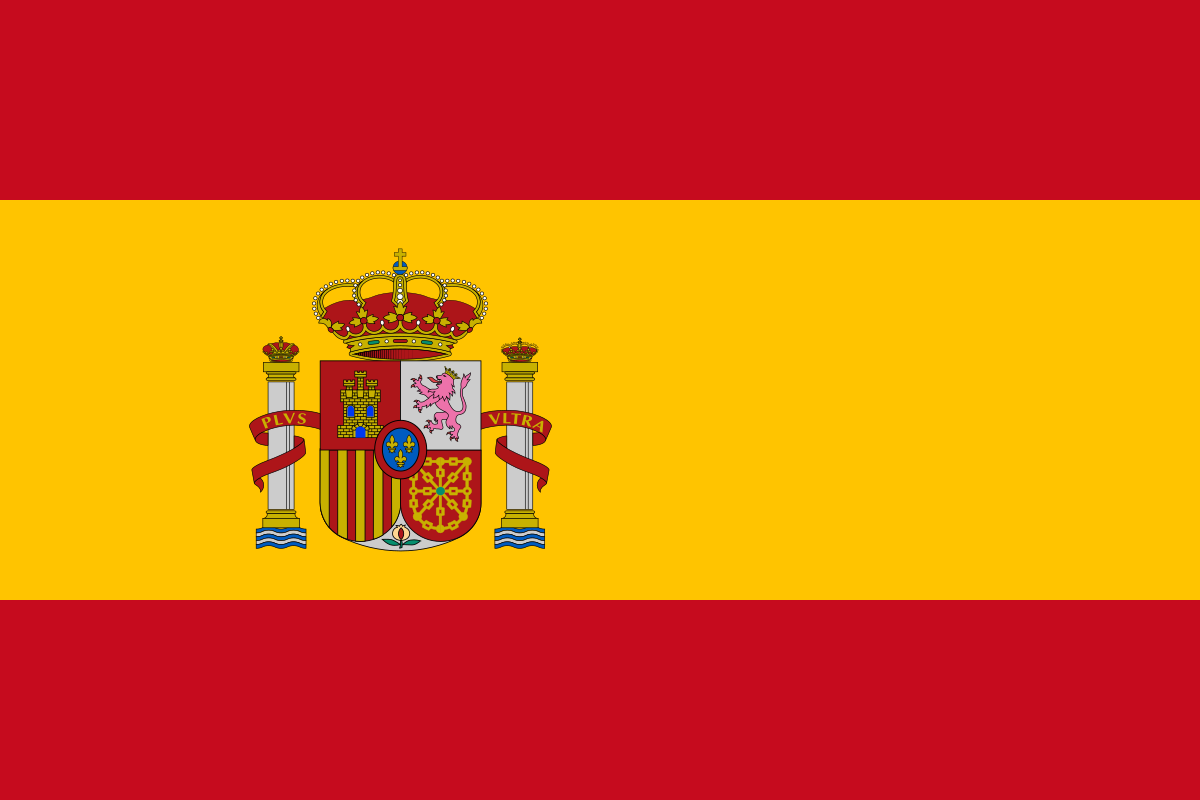Privately Funded
Bidding Soon
Documents Available
Publicly Funded
Addenda Available
Post-Bid
Published September 30, 2025 at 8:00 PM
Updated October 1, 2025
This is a service / maintenance or supply contract in San Jose, California. Contact the soliciting agency for additional information.
As of September 30, 2025, this project is in the pre-construction phase. A construction management team has been selected from the previous RFP listed below. Information regarding firm timeline for construction has not been determined, although the project is expected to last until 2037. ______________________________________________________________________________ VTA seeks proposals from qualified entities ("Proposer" or "Proposers", which includes a prime contractor firm or joint venture, along with all subcontractors) to provide Construction Management services ("CM Services Provider") for BSVII. The Proposer will be responsible for recommending the appropriate number and type of qualified personnel needed to complete the identified tasks. The successful Proposer will work with VTA's Chief BART Silicon Valley Program Officer or their assignee for the successful completion of tasks identified in this Request for Proposals ("RFP"). Question Deadline 10/17/2023 at 4:00 PM PT.
Pre-Construction/Negotiated
Transportation Terminals
$12,700,000,000.00
Public - County
Service, Maintenance and Supply
Plans and Specifications are not available for this project. If that changes, they will be made available here.
Trades Specified
Division 00 - Lorem Ipsum
One Low Price
- One license and one market
- Details and key contacts on all bidding projects
- Organize your pipeline with a digital bid board
- Automatically match opportunities to your profile
- Saved searches deliver daily project leads to your email inbox
Market Pricing Around
- All Starter Product functionality
- Access to all documents (plans, specifications, and addenda)
- Access to planning projects
- Access to contact information
- Ability to Export
Find More Local Projects
Within 75 Miles of This Project
You’ve Reached the Free View Limit
Want to see more project and bidder data in your market? Check out our product options and see what works best for you and your business.
Come back in [[refresh_days]] to get [[project_count]] more free projects.
November 15, 2023
July 1, 2026
Multiple Locations, San Jose, CA
Related To This Project
San Jose, CA
--
San Jose, CA
Bid Date: Feb 20 2025
San Jose, CA
Bid Date: Oct 20 2023
San Jose, CA
Bid Date: Oct 11 2023
San Jose, CA
--
San Jose, CA
Bid Date: Oct 23 2023
San Jose, CA
Bid Date: Oct 05 2023
San Jose, CA
Bid Date: Nov 16 2023
San Jose, CA
Bid Date: Oct 05 2023
Preview Active Commercial Construction Projects Like This One
Get preview access now—no credit card required.


.webp)
